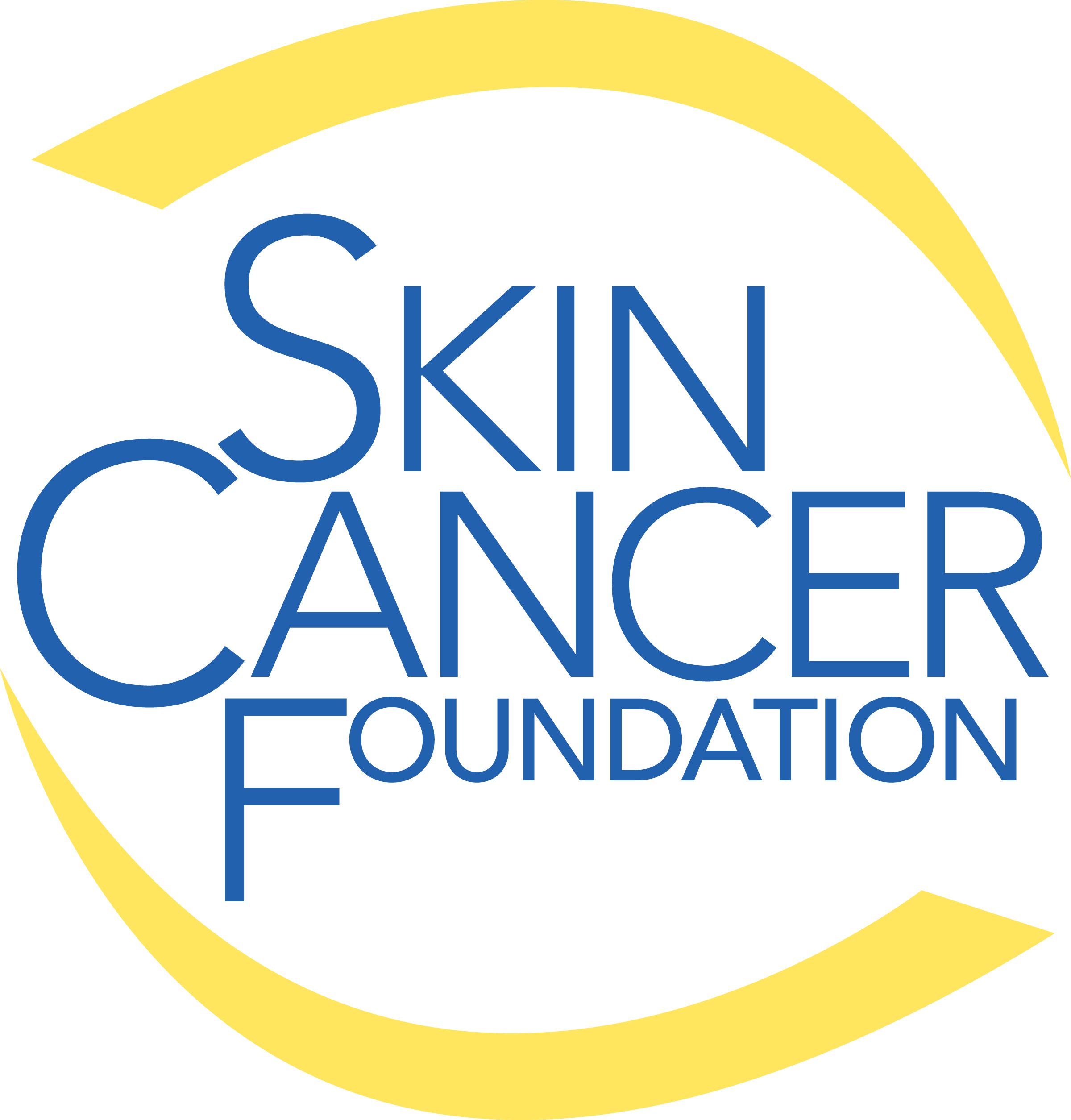
Certain Blood Pressure Drugs May Increase Skin Cancer Risk

Exposure to certain high blood pressure drugs, specifically thiazide diuretics, may increase a person’s risk of developing skin cancer.
The use of thiazide diuretics — a medication prescribed to lower high blood pressure — may increase the incidence of skin cancer in people aged at least 66 years or older, according to recently published data.
The study results, according to the authors, demonstrate a need for the consideration of prescribing other antihypertensive treatments for patients who are already at high risk of being diagnosed with skin cancer.
Antihypertensive drugs, such as thiazide diuretics, calcium channel blockers, angiotensin-converting enzyme inhibitors and angiotensin II receptor blockers, are used as treatment for high blood pressure. Medications such as these are reported to be phototoxic; meaning they could have a negative reaction to UV radiation and can cause skin damage as well as cancer, the study authors mentioned.
Previous study results have demonstrated that hydrochlorothiazide, a first-line treatment for hypertension, has been associated with an increased risk of keratinocyte carcinoma, which is more commonly referred to as nonmelanoma skin cancer. There is weaker evidence showing a relationship between other medications, such as thiazides, and skin cancer.
The study authors explained that keratinocyte carcinoma consists of the two most common malignancies in North America — basal and squamous cell carcinoma — and accounts for more than 5 million diagnoses a year in the United States. Additionally, melanoma is the fifth most common malignancy with the incidence rate rising by 10% between 2005 and 2015.
“Given the high and increasing population burden of these skin cancers, identifying modifiable risk factors is important,” the study authors wrote.
This study — which was published in CMAJ — comprised 302,634 patients who were exposed to any type of antihypertensive medication and 605,268 patients who were not exposed. Patients were mostly female, over the age of at least 66 years and from Ontario, Canada.
The data demonstrated that an increased exposure to thiazide diuretics of more than 7.5 units was associated with an increased rate of keratinocyte carcinoma by 44%, melanoma by 60% and advanced keratinocyte carcinoma by 52%.
However, data that would have demonstrated an association between any other antihypertensive medications and skin cancer was inconsistent.
“It is important to note that this study excluded individuals with a history of melanoma or non-melanoma skin cancer prior to the index date. So these findings are specific to individuals who had no recorded history of a previous skin cancer. Additionally screenings and sun protective behaviors were not assessed in this study,” said Dr. Jeremy A. Brauer, a dermatologist practicing in New York and a spokesperson for The Skin Cancer Foundation, in an interview with CURE®.
Other factors that were associated with an increased incidence of keratinocyte carcinoma included age, male sex, rural residence, being the highest of two income quintiles, immunosuppressant drug use (drugs that suppress or reduce the body’s immune system strength), and phototoxic drug use.
“Although not evaluated in our study, interventions that may decrease the burden of skin cancer for patients taking thiazide diuretics include sun protection and monitoring for early detection of skin cancer,” the study authors concluded.
Brauer agreed with the authors’ conclusions and said that patients should always review their medication’s potential risks, benefits and possible alternatives with their health care provider.
“In general, patients with a history of skin cancer, or are already at an increased risk of developing skin cancer (ie organ transplant recipients), should have an informed conversation with their prescribing physician and strongly consider other antihypertensive agents if and when required,” he added.
For more news on cancer updates, research and education, don’t forget to




